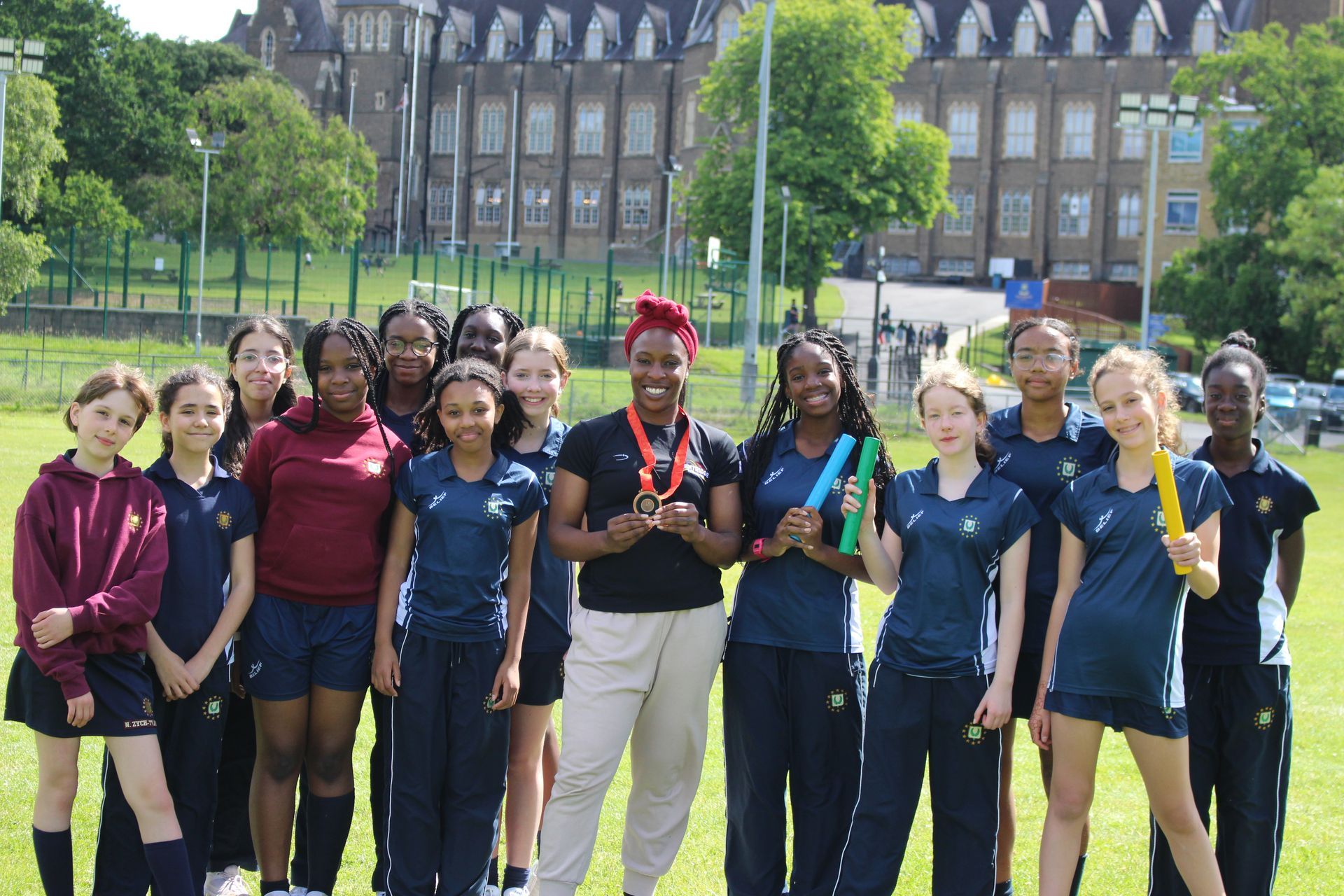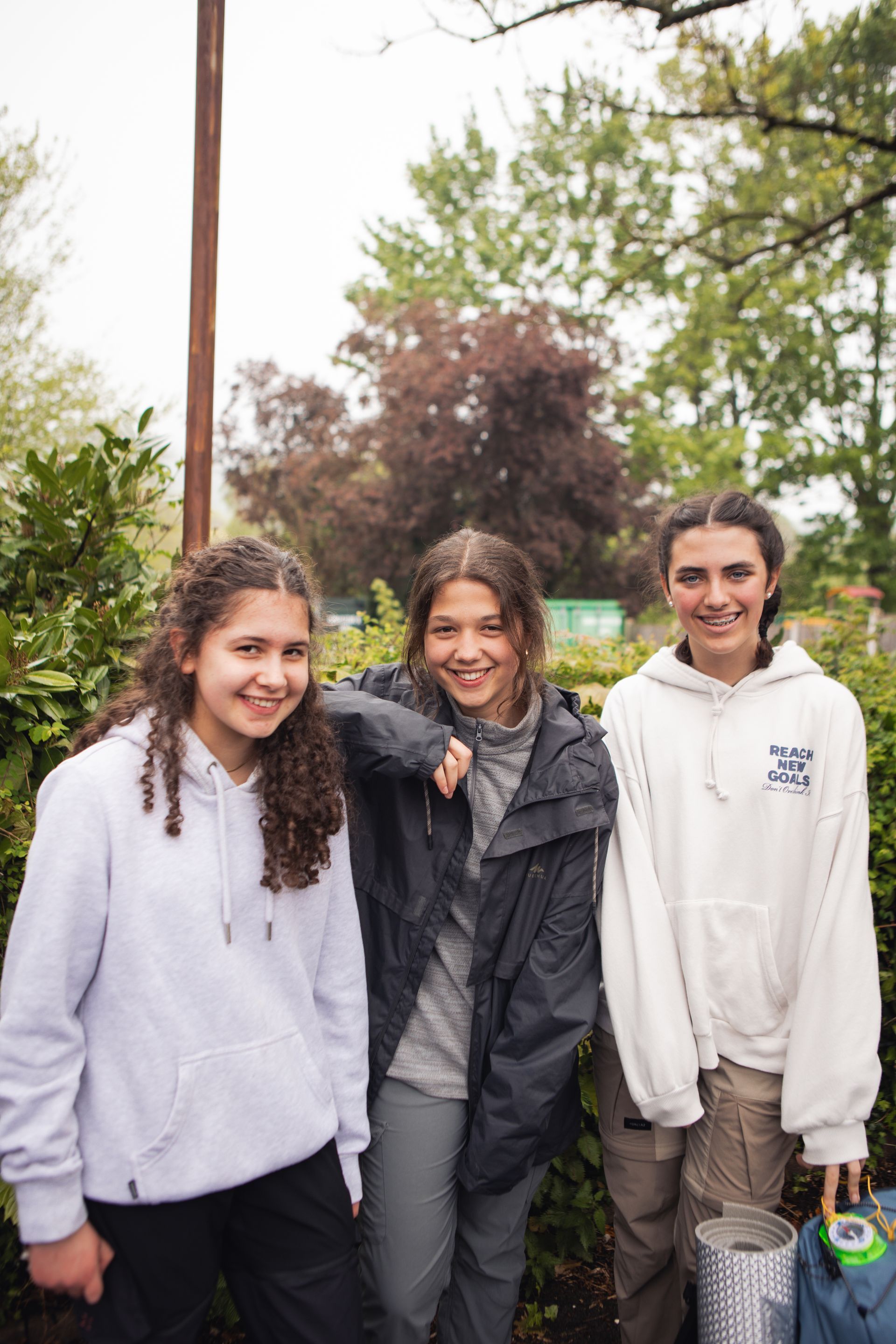How to Help Your Teenager Revise
Top tips to support teenagers preparing for A levels and GCSEs
The Easter holidays are the last big break from school before exams start for GCSE and A level students. If you have a child in Year 11 or Year 13, therefore, it might be less about relaxation, and more about revision, in your household. Many parents admit to feeling stressed about the thought of managing this important period in their children’s lives, wanting to help them achieve success, but there are plenty of things you can do to ensure it’s a time of positivity.
It’s a good idea to start by agreeing what has to be done. There’s no point in a disagreement at the outset about how much time to spend on revision. Our Assistant Head, Dr Sophia Daire, suggests four hours a day at GCSE seems appropriate, six hours at A level. ‘If your daughter struggles to organise herself, encourage her to look at getrevising.co.uk. You can very quickly create a revision timetable and students enjoy the fact it’s an online resource.’
Before the holidays start, make sure your daughter is clear about what she must do. If necessary, ask school for guidance. Each girl at The Laurels has a personal tutor, which means that there is a lot of support for parents and girls navigating the teenage years. As all tutors are teachers at the school, they can offer much helpful personalised advice, and this continues throughout the exam season.
Think about how to ensure home is a happy place to work. Which space can she use? Ideally, it’s one where she can keep her revision materials without having to tidy them away. Encourage the rest of the family to respect the need for some quiet. Some pupils enjoy going to the local library to study, keeping home and study separate, and this can be helpful for students who don’t have much personal space at home.
Provide healthy snacks, keep the supply of cups of tea coming and be there to offer encouragement. Some students will want to study too much, so helping them to see that they’ve entered a marathon, not a sprint, is important. Imagine the day split into three – morning, afternoon and evening. Only two sections should be for study, and one for relaxation, and you can help by organising an activity which takes your daughter away from her books for a while.
Phones are another matter entirely! A student who struggles to concentrate, or who is addicted to checking notifications, may insist that there is vital information hidden in its depths, vital for her exam success. All you see, by contrast, is a teenager who is distracted from concerted study every few minutes. A straightforward way to overcome this is to suggest installing an app which encourages productivity and focus. Flora, for example, allows users to try to grow a tree. Users can work collaboratively with friends. It’s ideal therefore for encouraging students who would rather be spending time on TikTok than a timed essay.
If your child is becoming demotivated, or struggling to recall facts, our Director of Drama Sarah Cook, has a tip which is particularly good for visual learners. ‘Make revision flashcards that are exciting to look at, with bold titles, images or drawings that relate to the information/content on the card. This helps with visual recall in the exam as you will be able to more easily picture the particular flashcard for that topic, which should help your brain to recall the facts and content you have written on it. This can also work well for some people who struggle to start a task, such as those with ADHD, as it can make the task feel more creative and engaging than simply writing up notes.’
Finally, keep positive. It’s only two weeks until the normal routine of school starts again!







